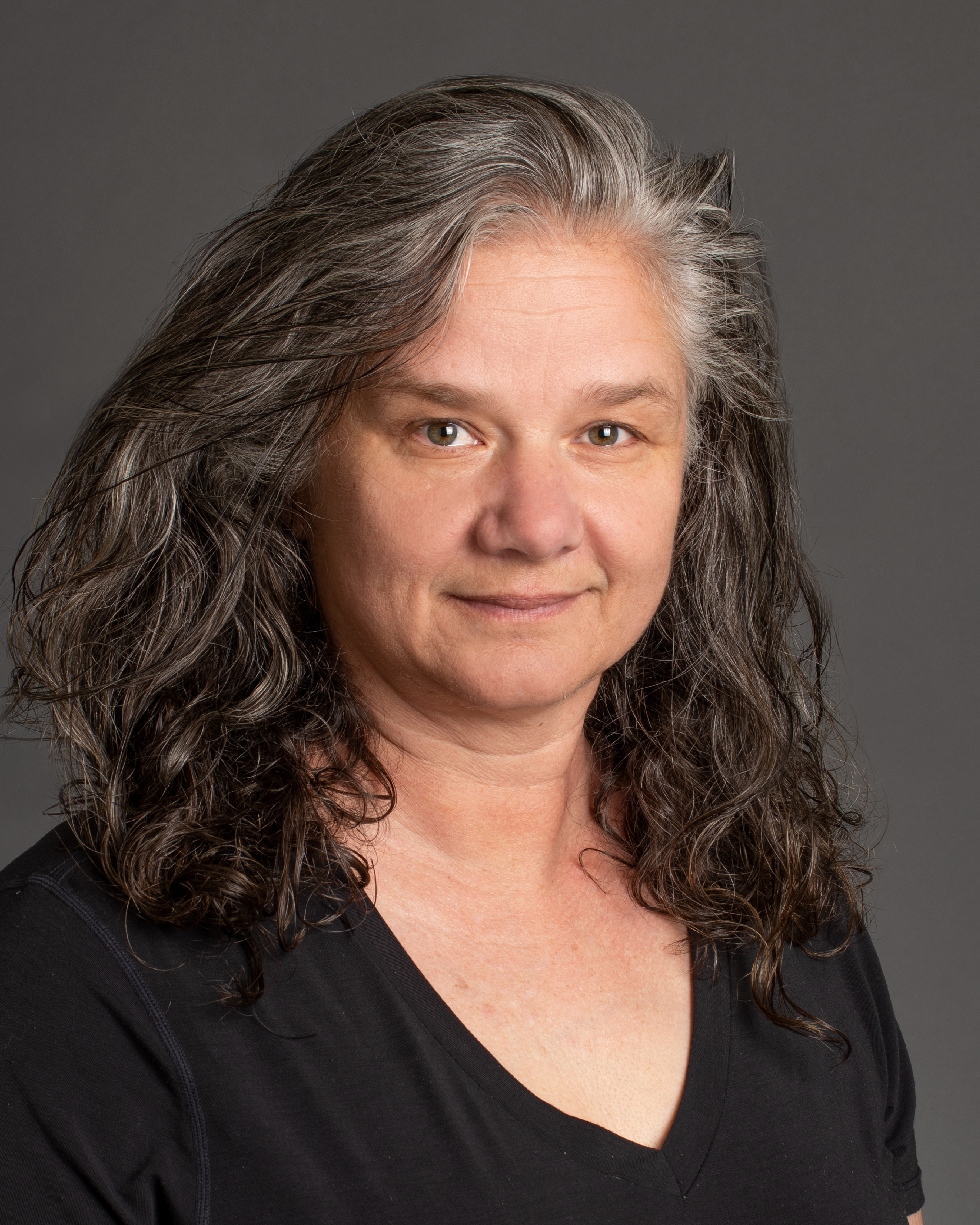Optimal runge-kutta methods for first order pseudospectral operators
Published in Journal of Computational Physics, 1999
Download here
Abstract: New Runge-Kutta methods for method of lines solutions of systems of ordinary differential equations arising from discretization of spatial derivatives in hyperbolic equations, by Chebyshev or modified Chebyshev methods, are introduced. These Runge-Kutta methods optimize the time step necessary for stable solutions, while holding dispersion and dissipation fixed. It is found that maximizing dispersion minimizes dissipation, and vice verse. Optimal methods with respect to large stability intervals on the imaginary axis, and with respect to the eigenvalue spectrum of the underlying pseudospectral discretizations are developed. In the latter case, stability regions are optimized to include the outliers of the spatial operators. Performance on a model problem in computational aeroacoustics is evaluated. The optimized schemes have two more function evaluations per time step than the standard fourth order Runge-Kutta method, but allow time steps up to 1.7 times larger. Moreover, dissipation and dispersion are reduced.
Bibtex:
@article{Mead_Renaut_1999,
title = {Optimal runge-kutta methods for first order pseudospectral operators},
journal = {Journal of Computational Physics},
year = {1999},
volume = {152},
number = {1},
pages = {404-419},
author = {Mead, J.L. and Renaut, R.A.}
}
